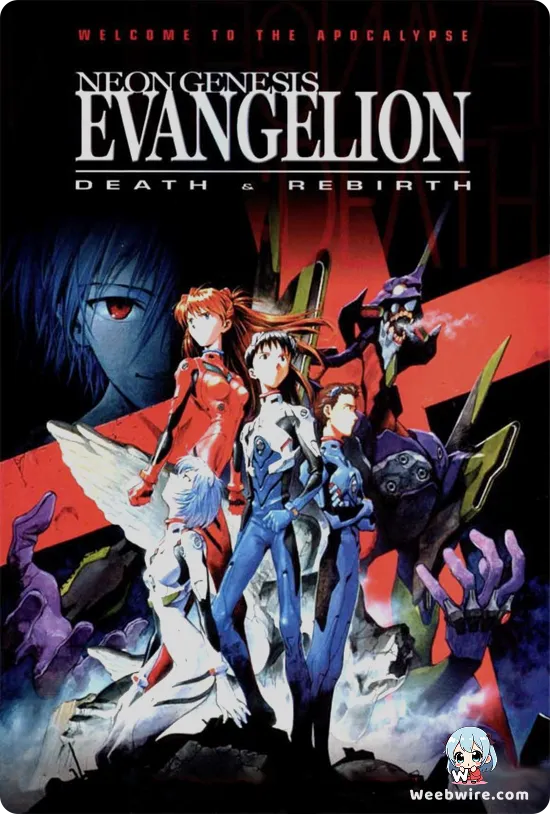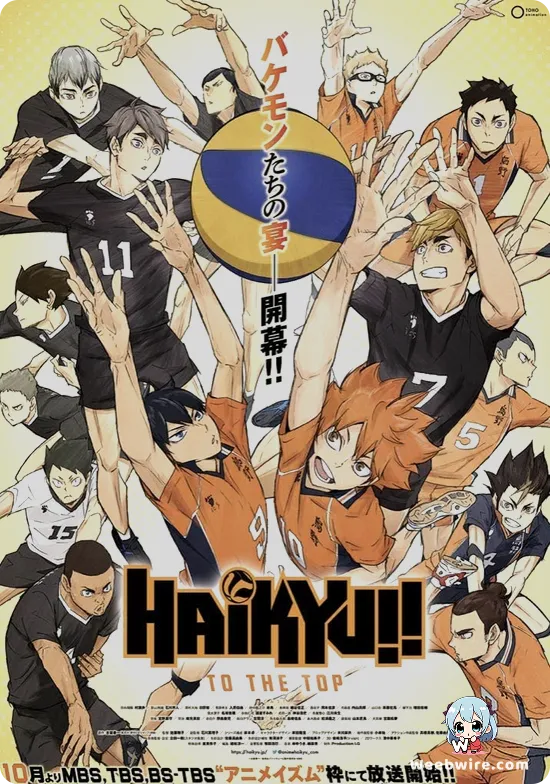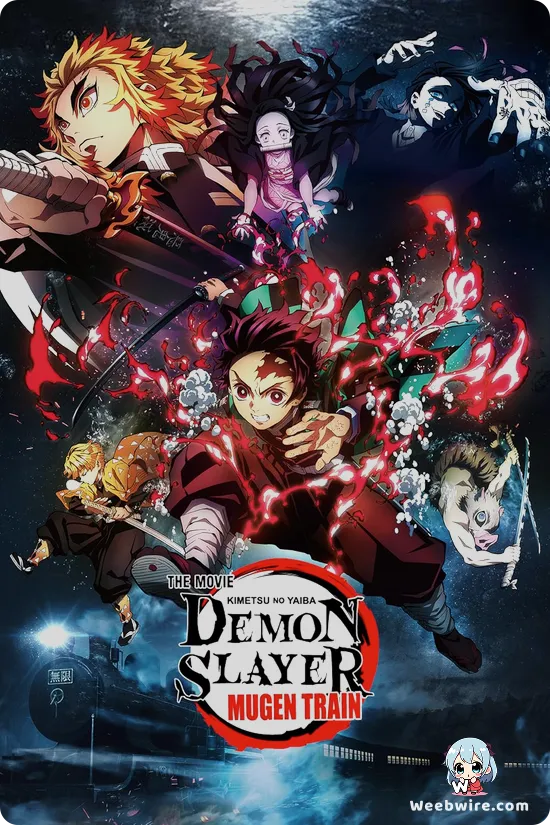

© Gainaxwww.netflix.com
Overview
Neon Genesis Evangelion: Death & Rebirth is a pivotal 1997 theatrical film structured as a dual-purpose cinematic experience: a comprehensive retrospective of the acclaimed television series and an introductory chapter to its ultimate conclusion. Set fifteen years after the devastating global catastrophe known as Second Impact, the world is defended by NERV, a clandestine paramilitary organization dedicated to combating monstrous alien entities called Angels. NERV’s only effective weapons are the Evangelions (EVAs), towering bio-mechanical units that require specific synchronization abilities, limiting their operation exclusively to a select group of emotionally complex teenagers. The film is divided into two distinct parts. The first, Evangelion: Death, functions as a meticulously crafted 70-minute compilation that revisits the events of the original 26-episode series, focusing on the first 24 episodes. This segment utilizes highly stylized, non-linear editing, interspersed with significant amounts of newly animated footage, most notably linking scenes depicting the main pilots—Shinji Ikari, Rei Ayanami, and Asuka Langley Soryu—performing Pachelbel’s Canon as a string quartet. This technique emphasizes the characters' internal psychological states and their fraught interpersonal dynamics rather than simple chronological plot points. The second segment, Evangelion: Rebirth, consists of approximately 24 minutes of entirely new material. This portion serves as a direct, albeit incomplete, prelude to The End of Evangelion, depicting the initiation of the controversial Human Instrumentality Project and showcasing the terrifying debut of the Mass Production Evangelions. At the core of the narrative is Shinji Ikari, a deeply traumatized adolescent forced into the role of a savior by his estranged father, Gendo Ikari, the cold and calculating commander of NERV. The film masterfully explores profound philosophical and psychological themes, including the trauma of alienation, the crushing burden of responsibility, the ethics of sacrificing children for human survival, and the persistent human need for connection despite the pain it causes. Death & Rebirth provides an indispensable bridge for viewers seeking to understand the full scope of the Evangelion saga.
Opinion
Neon Genesis Evangelion: Death & Rebirth is an objectively critical piece of the franchise, showcasing an experimental narrative ambition often absent in mainstream cinema. From a technical standpoint, the film presents a curious duality: the Death segment, being a compilation, features varying levels of animation fidelity, yet the newly produced transitional sequences demonstrate the high-quality, fluid motion and detailed character models that would define the subsequent feature film. The artistic choice to structure the recap non-linearly, prioritizing thematic and emotional arcs over strict chronology, forces the viewer to engage with the series' core psychological traumas in a concentrated manner. This editing approach highlights the subtle, devastating cruelty the characters inflict upon each other, perfectly encapsulated by moments of unbearable, silent tension. The voice acting across all major roles, both in the original Japanese and official English dubs, remains highly effective, conveying the deep-seated emotional fragility and existential dread inherent to the pilots' predicament. The pacing, especially in the Death segment, is deliberately frantic and disjointed, reflecting the mental chaos experienced by Shinji, Asuka, and Rei. While the Rebirth segment is technically unfinished, its 24 minutes offer a compelling, high-stakes introduction to the catastrophic events of the Human Instrumentality Project, featuring superior animation and action choreography compared to the original TV series finale. The film’s thematic depth remains its greatest strength, offering a sophisticated critique of authority, parental abandonment, and the devastating psychological toll of war waged by proxy children. It serves less as a conventional recap and more as a profound artistic statement, cementing its status as essential viewing for analyzing the Evangelion phenomenon.
Characters
Asuka Langley Soryu
Voice: Tiffany Grant (English), Yuko Miyamura (Japanese)
Rei Ayanami
Voice: Amanda Winn Lee (English), Megumi Hayashibara (Japanese)
Shinji Ikari
Voice: Spike Spencer (English), Yuuko Miyamura (Japanese)
Misato Katsuragi
Voice: Allison Keith (English), Kotono Mitsuishi (Japanese)
Gendo Ikari
Voice: Tristan McAvery (English), Fumihiko Tachiki (Japanese)
Credits
Studio
Gainax
Cover Art
Gainax Studios
Publisher
TV Tokyo
Producers
Gainax, TV Tokyo
Episodes
Season 1
1 episodesInformation
Genres
Related Anime

Fullmetal Alchemist: Brotherhood

Haikyu!!

Hajime no Ippo: The Fighting!

Mob Psycho 100 III

HAIKYU‼ TO THE TOP Part 2
